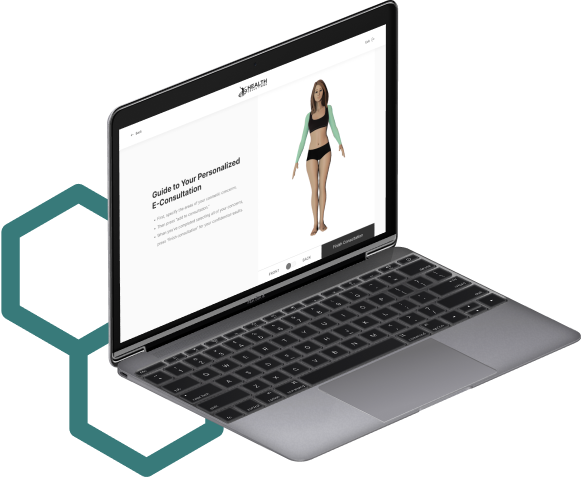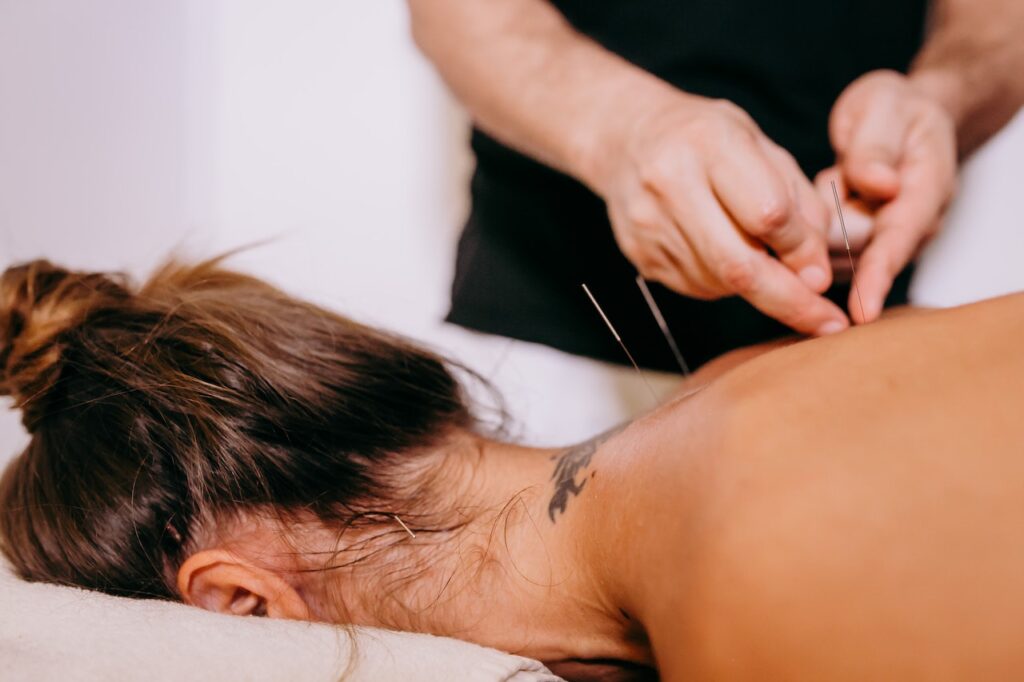Welcome to Health Cellutions
Alleviate Pain & Manage Stress
A key component of traditional Chinese medicine, acupuncture in Scottsdale addresses everything from back pain to insomnia. For those with chronic pain or chronic anxiety and depression, you know that emotional and physical pain management can often lead to an overload of medication or invasive procedures.
Acupuncture at Health Cellutions is a pain-free, non-invasive alternative to pain management that boasts of tons of incredible benefits, like balancing the body’s energy, stimulating healing, and promoting relaxation.
Treatment Details
Consultation Required?
Yes
Downtime:
Minimal
Sessions Needed:
6 to 8
Results Duration:
Up to 1 year
What it Treats
Anxiety
Arthritis
Chronic pain (such as headaches, back pain, neck pain)
Depression
Insomnia
Migraines
Nausea
Sciatica
Sinus congestion
Stress and anxiety
Tinnitus
Weight loss
Why Try Acupuncture in Scottsdale?
Pain-Free
Most patients report having absolutely no discomfort during treatment, and some even find it relaxing!
Holistic Healing
Acupuncture treats your body as a whole; we stimulate specific points to heal from within.
Natural
Acupuncture floods your body with natural chemicals that induce your body’s innate healing response.
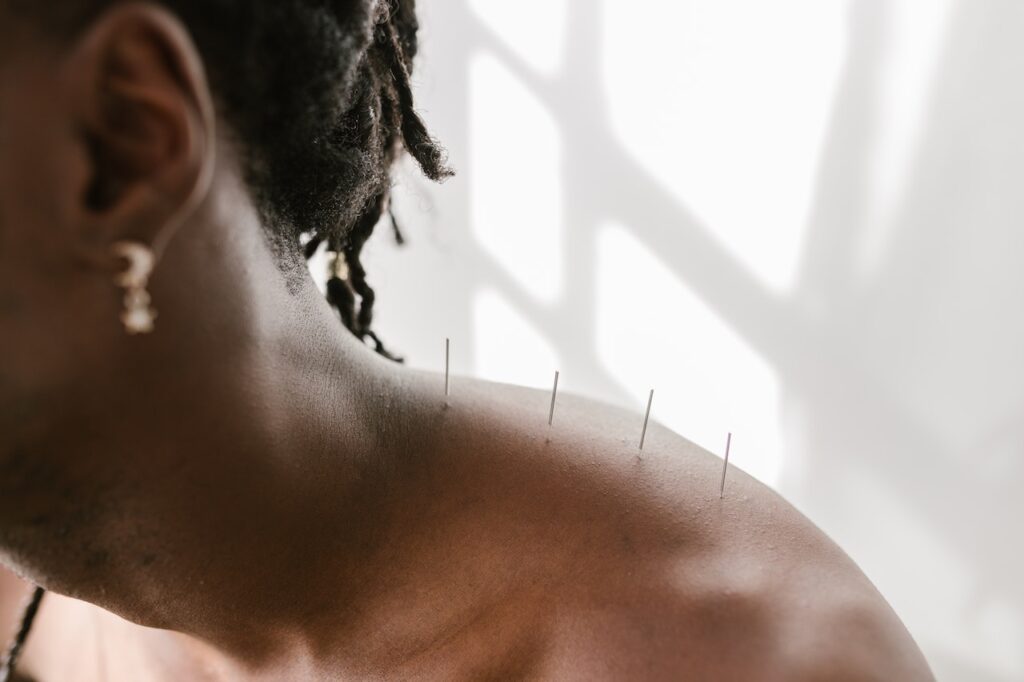
What to Expect
The Acupuncture Process
1
Consultation
At Health Cellutions, we customize treatments plans based on your unique concerns and desired results. All of our treatments begin with an in-depth consultation during which we will discuss factors such as lifestyle, symptoms, and treatment details.
2
Acupuncture Treatment
If you need to remove any clothing for treatment, we will provide you with a gown. You’ll sit or lie down depending on the areas of treatment. Acupuncture sites are all over the body, so we will communicate the insertion points throughout. Your provider will insert very thin needles and may gently twist them or provide mild electrical pulses.
3
Recovery
Some people feel relaxed after treatment while others feel energized. There is absolutely no downtime associated with acupuncture, and you are free to return to all normal activities immediately following the treatment! We will schedule any follow-up sessions you may need or want.
Pre-Treatment
Pre-Care Instructions
Before Your Acupuncture in Scottsdale, Health Cellutions Recommends:
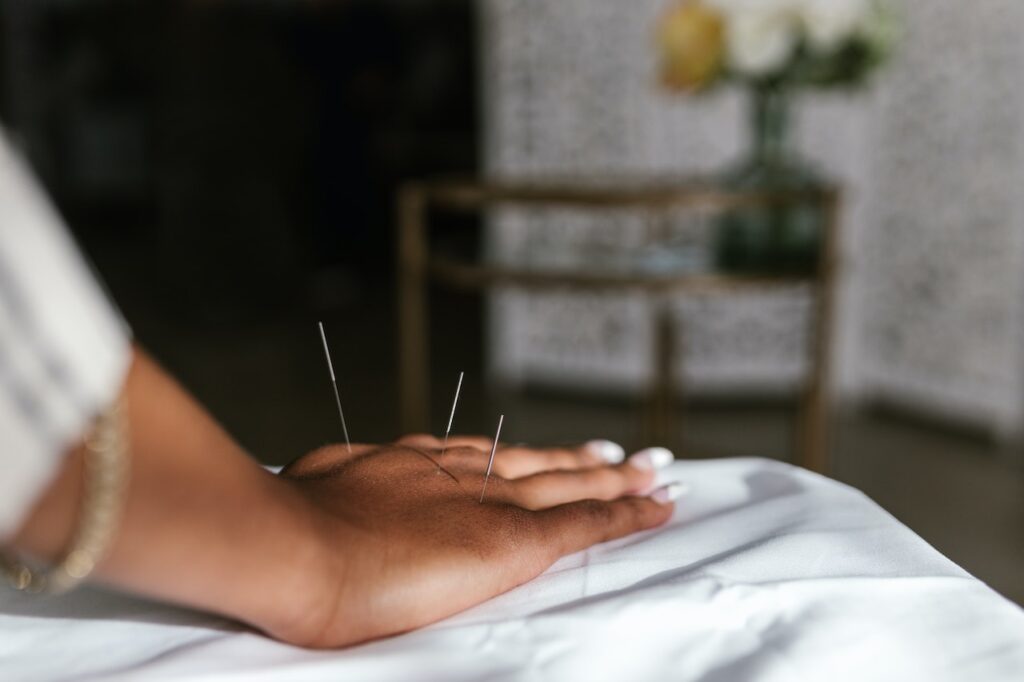
Eat a Full Meal
Make sure to eat a full meal 1 to 2 hours prior to your appointment.
Avoid Alcohol and Caffeine
Avoid alcohol and caffeine prior to treatment.
Wear Comfortable Clothing
Arrive to your appointment in comfortable, loose-fitting clothes.
Post Treatment
Post-Care Instructions
After Your Acupuncture in Scottsdale, Health Cellutions Recommends:
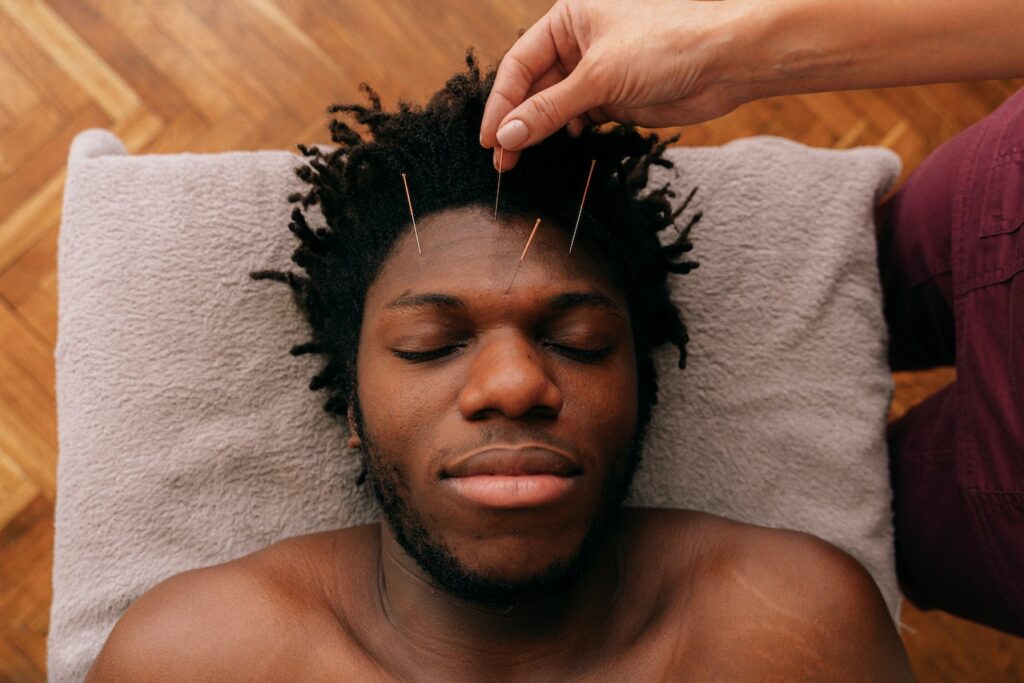
Avoid Strenuous Activities
Don’t partake in any strenuous activities after treatment, as they can lessen the positive effects of acupuncture.
Avoid Alcohol and Caffeine
Don’t drink alcohol or caffeine after treatment, as they can dehydrate you.
Hydrate
Drink plenty of water, as you can easily become dehydrated after treatment.
Frequently Asked Questions
- Does acupuncture hurt?
-
We use very small, thin needles inserted very shallowly for your acupuncture treatment! Most patients report feeling no pain at all.
- How long do results of acupuncture last?
-
Results depend largely on the patient’s age, lifestyle, symptoms, and previous treatments. This means the results of acupuncture can last anywhere from a few days to a few weeks with some patients reporting relief for many months following a treatment. We can discuss your specific circumstances and what results to expect during a consultation.
- How many acupuncture sessions will I need?
-
The number of acupuncture sessions needed will depend on your condition, symptoms, and the severity. We generally recommend between 6 and 8 treatments, but your plan could include more or fewer sessions.
Get Started With A Virtual Consultation
Curated by our health and wellness specialists, this tool provides instant recommendations customized to you.
